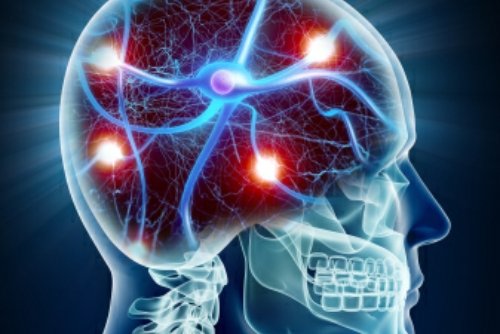How is the ACTH related to stress hormones?

The ACTH full form is Adrenocorticotropic Hormone. ACTH is a hormone released from the pituitary gland, a small gland located in the region near the base of the brain. The pituitary gland is small but is responsible for regulating much of what the rest of the body does, such as how the body reacts to stress. ACTH directly instructs the adrenal glands, found above the kidneys, to release cortisol, also known as the “stress hormone.” To understand this hormone, according to Ask Ayurveda, can be a door to the understanding of stress and health.
How ACTH Regulates Cortisol Levels?
During times of stress, the hypothalamus of the brain secretes a hormone, CRH (corticotropin-releasing hormone).
This acts to stimulate the pituitary gland to release ACTH. When ACTH is transported in the blood to the adrenal glands, it triggers the production of cortisol. Cortisol helps the body react to stress by raising blood sugar, providing a burst of energy, and helping the immune system in the short term. But when cortisol is maintained at high levels for a long period of time, it could generate fatigue, nervousness, as well as other indicators of poor health.
Why is Cortisol referred to as the “Stress Hormone”?
Cortisol has come to be referred to so because of its quick response to stress stimuli. For example, when in the face of threatened danger, cortisol releases glucose for use by muscles and the brain. Cortisol also inhibits unwanted functions like digestion in this instance. While cortisol release is tolerable in the short run, repeated or prolonged stress is potentially the reason for cortisol imbalance, which can have effects on metabolism, sleep, and mood.
What If the ACTH Levels Are Abnormal?
When ACTH levels become too high, the adrenal glands secrete too much cortisol, the most commonly recognized condition of which is explained in Cushing’s syndrome. Symptoms are as varied as weight gain, hypertension, to the alteration of mood. If ACTH levels drop too low, cortisol secretion drops and, by a domino effect, leads to depletion, lethargy, and even Addison’s disease. Follow-up and consultation from a physician are required in such victims of inequality.
Can Lifestyle Changes Affect ACTH and Cortisol?
While medical conditions with ACTH require the physician’s professional intervention, the balance of stress hormones is also attained by lifestyle. Exercise regularly, a balanced diet, meditation, and yoga balance cortisol levels naturally. Stress management methods can prevent over-stimulation of the pituitary-adrenal interaction. These natural treatments may augment the physician’s counsel and bring long-term wellness, according to Ask Ayurveda.
Why ought ACTH to be part of stress management?
Having knowledge of ACTH and how it relates to cortisol provides a clearer understanding of how the body reacts to stress. This also reaffirms the importance of early intervention of hormonal imbalance. Having an understanding of stress symptoms and consulting experts when needed, individuals are more capable of protecting their physical and mental health.
Ask Ayurveda elucidates complex medical explanations, giving readers credible information on medical issues like the complete spelling of ACTH and how it helps in stress hormones. Ask Ayurveda gives solutions, informing patients how best to make decisions for their health and giving them a simple means of understanding their bodies.


